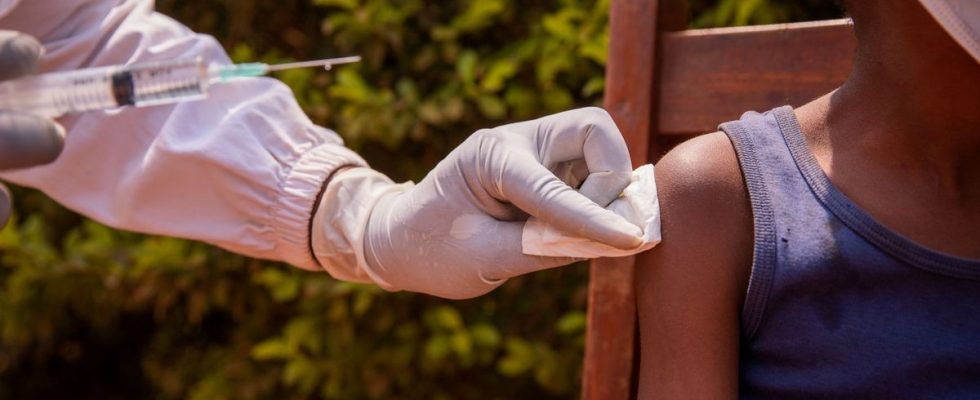Published on
Updated
Reading 2 min.
This is the first time that a systematic and large-scale vaccination campaign against malaria has been launched, and it is happening in Cameroon. The country will combat this pathology, which kills 600,000 people per year, thanks to an injection offered free of charge to everyone and systematically to all children under six months of age.
This is a great first in Cameroon: the country has just launched yesterday, Monday January 22, 2024, a systematic and large-scale vaccination campaign against malaria.
A decision welcomed by the World Health Organization
The country’s announcement was welcomed by the World Health Organization (WHO), which called it a “historic step”. In fact, the disease causes 600,000 deaths each year, 95% of them in Africa, the vast majority of children under 5 years old.
Six-month-old infants will all be routinely vaccinated against malaria from now on, at the same time as the other vaccines they are usually given. Cameroon is not the only country to adopt a strategy against the disease.
After a pilot phase in Malawi, Kenya and Ghana, in 2019, which allowed the deployment of the RTS,S (Mosquirix) vaccine from the British laboratory GSK against the disease, the vaccine will also be sent to thirteen other African countries, which plan to set up specific vaccination campaigns this year.
Malaria, a disease transmitted by mosquito bites
Malaria, also called malaria, is a pathology that is transmitted to humans through the bites of certain mosquitoes. The disease causes high fever, body aches, digestive problems, and sometimes kidney problems. There are different forms of the disease and different treatments for malaria, including chloroquine.
According to the Pasteur Institute, “Today, the only vaccine available against malaria is “ RTS,S “. This vaccine obtained favorable results in phase III, and a pilot was deployed from 2018 in various African countries to establish its effectiveness under normal conditions of use. At the end of 2021, the WHO recommended its use, considering that it is safe and can significantly reduce the risk of serious, potentially fatal malaria (source WHO). Although it shows moderate effectiveness and only targets the P. falciparum parasite, the use of the vaccine is recommended in addition to other preventive measures to prevent severe forms of malaria.“.
Malaria continues to kill significantly, so great hopes are based on the arrival of this massive and systematic vaccination of the population in Cameroon and other African countries. According to the World Health Organization (WHO), this disease affected approximately 241 million people worldwide in 2020, and caused 627,000 deaths. Vaccination is all the more important because for several years, parasites have developed resistance to antimalarial molecules and mosquitoes fear insecticides less and less.
